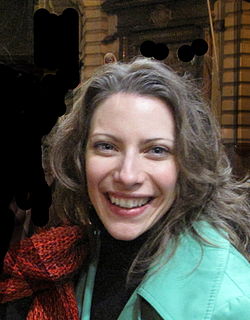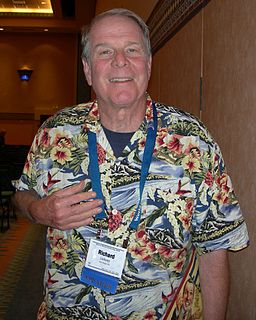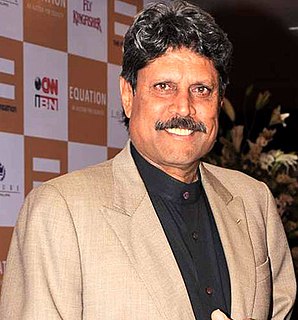A Quote by Jean Houston
When we start making distinctions between soul and spirit, we're in very, very murky waters. There is the whole issue of the English language, which has a rather limited vocabulary when it comes to psychological descriptions, not to speak of spiritual descriptions. We're good mythically - the English language is superb for myth. But we're not very good for psychology or spirituality.
Related Quotes
I have a funny relationship to language. When I came to California when I was three I spoke Urdu fluently and I didn't speak a word of English. Within a few months I lost all my Urdu and spoke only English and then I learned Urdu all over again when I was nine. Urdu is my first language but it's not as good as my English and it's sort of become my third language. English is my best language but was the second language I learned.
I think it's good for anybody to learn languages. Americans are particularly limited in that way. Europeans less so... We're beginning to have Spanish move in on English in the states because of all the people coming from Hispanic countries... and we're beginning to learn some Spanish. And I think that's a good thing... Only having one language is very limiting... You get to think that's the way the human race is made; there's only one language worth speaking... Well, this isn't good for English.
English has always been my musical language. When I started writing songs when I was 13 or 14, I started writing in English because it's the language in between. I speak Finnish, I speak French, so I'll write songs in English because that's the music I listen to. I learned so much poetry and the poetic way of expressing myself is in English.
Descriptions of inner, spiritual processes are much more liable to misunderstanding than descriptions of events in the physical world. Such misunderstandings arise easily because the life of the soul is in constant movement and because we fail to bear in mind that the life of the soul is very different from life in the physical world.
James Joyce's English was based on the rhythm of the Irish language. He wrote things that shocked English language speakers but he was thinking in Gaelic. I've sung songs that if they were in English, would have been banned too. The psyche of the Irish language is completely different to the English-speaking world.
My parents have always had a very limited command of English. Of course, when we first arrived in the UK, none of us spoke English, but it's much easier for a child to pick up languages. But the problem was not a lack of English; the problem was poor communication in any language. Remember, my parents came from rural Bangladesh with little education. It was alarming for them, I'm sure, to watch their boy very quickly exhaust whatever ability they had to teach the child something.
I spent ten years in London; I trained there. But because I started in English, it kind of feels the most natural to me, to act in English, which is a strange thing. My language is Spanish; I grew up in Argentina. I speak to my family in Spanish, but if you were to ask me what language I connect with, it'd be English in some weird way.
The revival of Hebrew, as a spoken language, is a fascinating story, which I'm afraid I cannot squeeze into a few sentences. But, let me give you a clue. Think about Elizabethan English, where the entire English language behaved pretty much like molten lava, like a volcano in mid-eruption. Modern Hebrew has some things in common with Elizabethan English. It is being reshaped and it's expanding very rapidly in various directions. This is not to say that every one of us Israeli writers is a William Shakespeare, but there is a certain similarity to Elizabethan English.

































